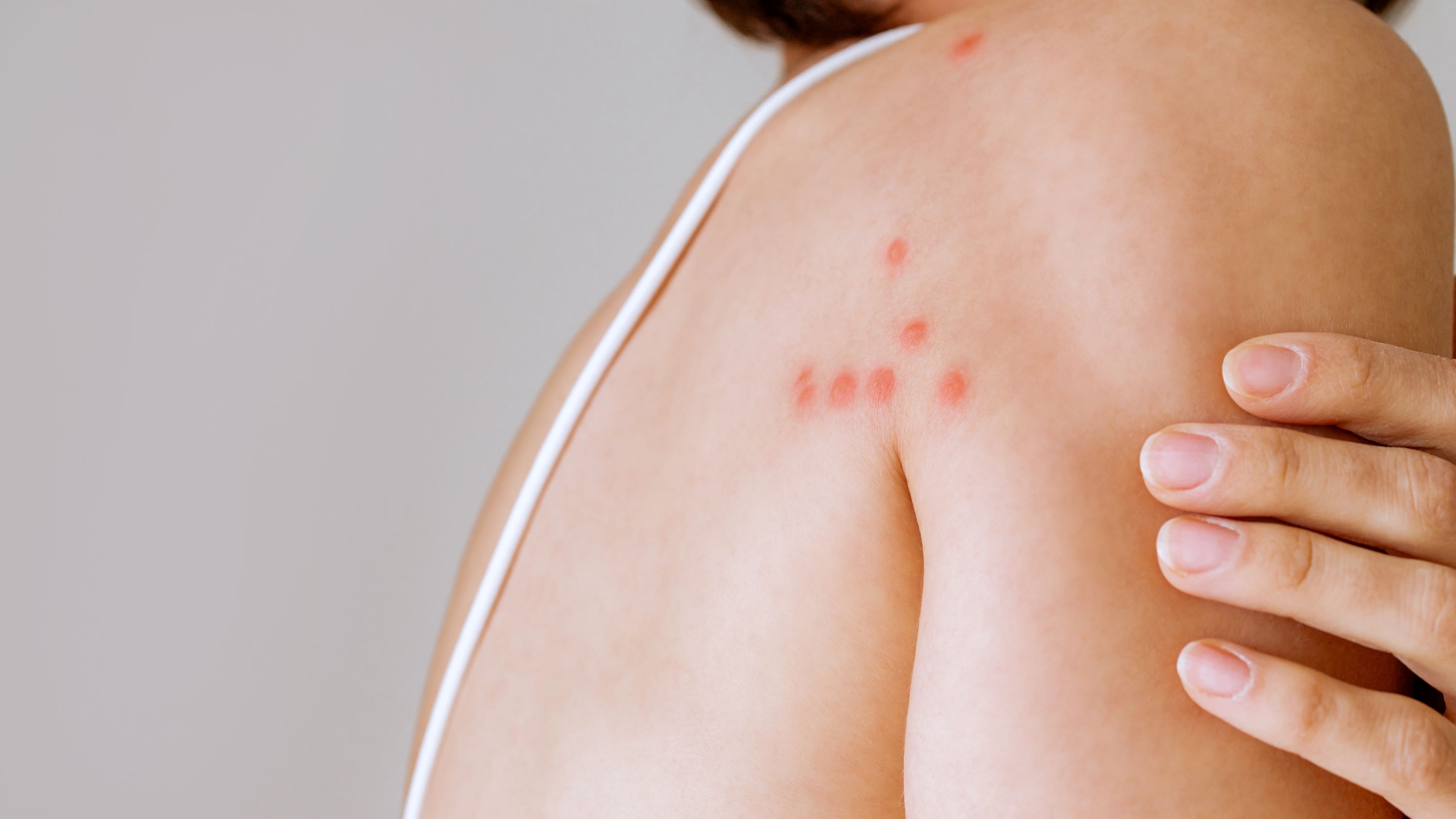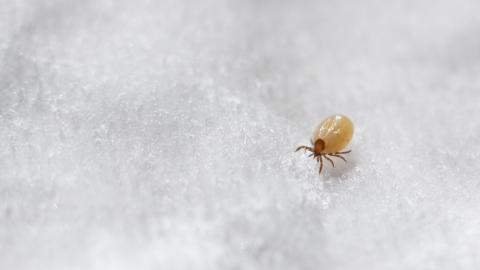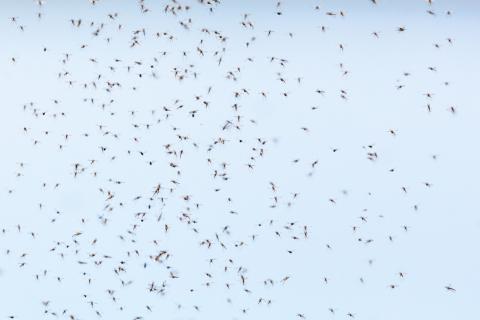What if a tick bites me?
In this case, we need to distinguish between two possibilities: whether the tick is still attached to our skin or if it has already left.
If we find an attached tick, as explained in this article, we can use a blunt-edged tweezer to carefully grab it without breaking it and pull it out by pulling upwards. It is important to avoid other traditional extraction methods (oil, alcohol-soaked cotton, scissors, heat, or even pulling with fingers) because they can facilitate the transmission of pathogens the tick might carry. If we are unsure or unwilling to do it, we should go to a healthcare center.
Never wait for the tick to detach on its own; remove it as soon as possible since the risk of infection increases over time. It's also important to keep the tick as it can be very helpful for doctors and assist in diagnosis if illness occurs. It can be preserved in a jar with damp paper.
The risk of developing a disease after a tick bite is minimal, but it is advisable to stay under observation for four weeks in case clinical symptoms appear. In that case, it is necessary to see a doctor — if this was not done earlier to remove the tick.
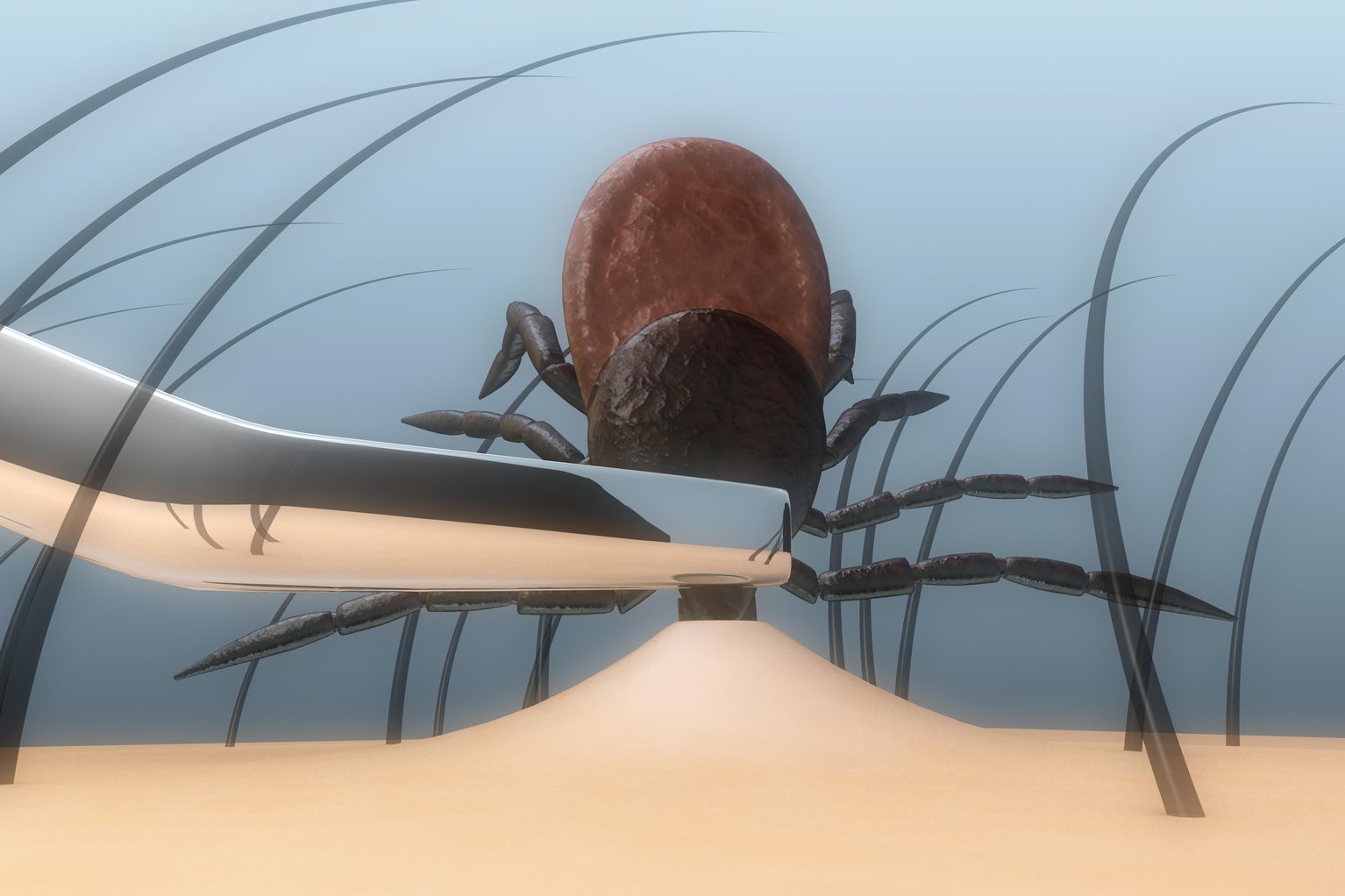
What if a bee stings me?
Bees can only sting once due to their curved stinger, which gets stuck in the victim, causing the bee's death. Even so, it's a good idea to move away from the area in case there are more bees ready to attack. After that, the first step is to remove the stinger if it is still on the skin. The best way to do this is to gently scrape it off with a fingernail or gauze, avoiding tweezers that could release more venom.
Next, apply an ice pack to reduce swelling and take painkillers like ibuprofen.
It is very important to monitor the stung person for any allergic reaction, especially if they have received multiple stings or if it is a child. If swelling spreads to other parts of the body like the face and neck, or if there are signs of difficulty breathing, nausea, hives, or dizziness, go to the emergency room.
What if it’s a wasp or hornet?
The steps to follow are similar to those for a bee sting, with the exception that these insects can sting multiple times, so it is even more important to move away from the area.
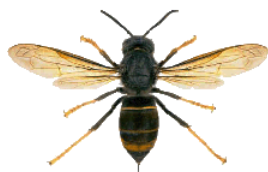
It is useful to distinguish the Asian wasp from the rest — much larger and darker, not to be confused with the reddish European hornet — because its sting is much more painful and likely to require medical attention. So far, it is only found in northern Spain, but this invasive species is expected to spread throughout the country.
What if I am touched by a jellyfish?
As explained in this article, the recommendation from the Ministry of Health is to notify the lifeguard as soon as possible and also:
- Wash the area with salt water, without rubbing. Do not use fresh water as the jellyfish cells could burst and release more venom.
- If there are tentacle remains on the skin, they should be removed with tweezers, not with the hands.
- To relieve pain and reduce inflammation, apply cold to the affected area, but not for too long (about 15 minutes).
- During the first few days, it is important to disinfect the wound with iodine alcohol about two to three times a day. Additionally, a prescription corticosteroid cream or antihistamine can be used.
- Lastly, people with allergies, the elderly, or children may need special attention. If symptoms such as nausea, dizziness, muscle cramps, headaches, or general discomfort appear, go to the hospital and inform them about the type of jellyfish that may have caused the sting.
Although other remedies have become popular, not all are equally advisable. Urine is not suitable; vinegar, on the other hand, is much more acidic and could be an option, although its effect is limited.
What if bedbugs bite me?
Bedbug bites heal in a week and, although annoying, they do not usually pose major problems. In the meantime, we can apply something cold to the affected area — always keeping it clean — and avoid scratching the wounds to prevent infection. If the pain is too strong and prevents sleep, a steroid cream or an antihistamine can be used following the pharmacist's advice.
And if it is a mosquito?
It is important not to scratch to prevent the bite from becoming infected. Instead, it is more useful to wash the affected area and its surroundings with water and soap, as explained in this article. Then, apply ice or a cold pack for ten minutes to reduce swelling and itching. A paste made by mixing a tablespoon of baking soda with water can help improve the symptoms. Over-the-counter antihistamine or anti-itch creams can also be used.
What if a spider bites me?
Spider bites are rare since they only attack when they feel threatened, like bees and wasps. This, combined with their shy nature, means that, more often than not, when we think a spider has bitten us, we are actually mistaken. Additionally, and fortunately, there are no species capable of killing a healthy person in the Iberian Peninsula.
If the species is not dangerous — which is most likely in our country — just clean and disinfect the affected area, apply cold, and, similar to other bites, take an analgesic or anti-inflammatory drug if necessary.
